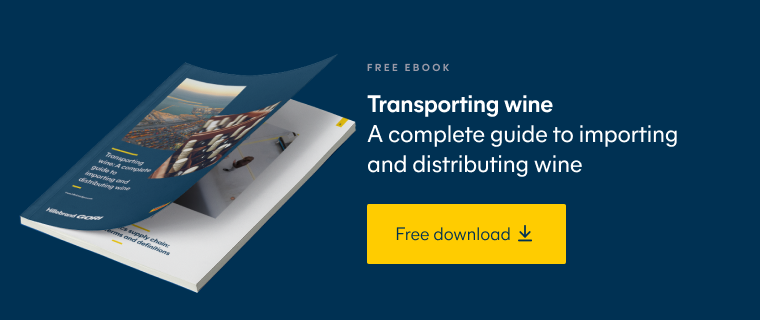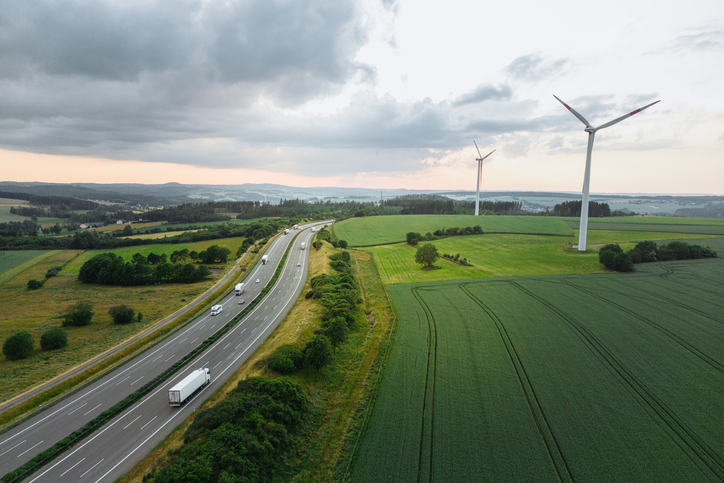Wine sustainability: what to consider and why
Table of contents
We’ve all heard of the word sustainable. But how do we trust in its authenticity when it comes to the wine we purchase? It’s a word thrown around by many producers in order to placate consumers, regulators and governing bodies, who are all calling for action towards a greener future. But how do you really know if wine sustainability is a priority for the winery, and if the bottle you purchase has actually been produced sustainably?
Being sustainable in wine production means ensuring that the way you produce the wine, from planting to harvesting to bottling, is not detrimental to the environment. It needs to be a process you can repeat over and over without harming the land, ensuring future generations can still work it successfully. It’s not enough to just use a preemergent herbicide, which is a way to manage weeds when grapevines are planted. It needs to be a more encompassing approach that includes consumer education, a scientific approach to farming and plant nurture and even considering the water source used.
I spoke to Chris Boiling, journalist, wine writer and winemaker, editor of Canopy, about his thoughts on wine sustainability. He gave me his top five things wineries need to consider in order to truly produce more sustainable wines.
How to achieve wine sustainability
1. Energy conservation
- Solar panels to power the winery, tasting room and offices
- Batteries to store the energy
- Electric vehicles or bicycles for company use
- LED lights
- Using gravity instead of pumps to move the grapes, juice and wine through production.
“I admire wineries like Perelada in Spain which has gone one step further by also using geothermal energy, sustainable materials, thermal insulation, and a great deal of natural lighting in its new winery.”
2. Adopting lighter weight bottles
Research by the Sustainable Wine Roundtable indicates that a glass bottle contributes between a third and a half of wine’s total greenhouse gas emissions and that switching to lighter bottles is relatively simple. Minor adjustments to bottling lines and packing can mean that lightweight bottles are just as robust in use as their heavier counterparts.
3. Water conservation
It takes an average of 4.74L of water to make one litre of wine, so to promote wine sustainability, wineries should monitor and reduce water consumption:
- in the vineyard - looking at the most efficient ways to irrigate vines – and only when they need water to survive
- in the winery - installing more efficient taps and drinking stations; cleaning and recycling water from the winery and tasting room for irrigation
4. Reducing waste
Diverting waste from landfill and identifying recycling and reuse options.
“At Dal Borgo in Salta, Argentina, the dry waste from the winery and tourist centre is sorted and donated to the Cafayate Art School. The students use the donations to make shopping baskets and for other crafts. At another Argentine winery, Rosell Boher in Mendoza, they sell used bottles to glass manufacturer Veralia with the proceeds donated to the Humberto Notti Pediatric Hospital Foundation. Plastic and cardboard waste is donated to different institutions that concentrate on crafts or produce bricks, curtains, and furniture with recycled material.”
5. Improving the lives of locals
Wineries should engage in at least one local community or environmental initiative. biodiversity by teaming up with education providers to get schoolchildren to plant trees or providing schools for vineyard workers are excellent examples of wine sustainability in action. These are just some of the initiatives Chris has come across.
If you’re looking to transport your wines sustainably, ask one of our experts about our sustainable transport solutions.
It depends. Some pesticides used in wine production pollute the soil and water, while also contributing to greenhouse gas emissions. Overfarming can also lead to soil degradation. That’s why wine sustainability is so important.
Yes. According to one report, 56%-67% of wine consumers value sustainability. However, the same report found only a third of those consumers were willing to pay a higher price for sustainability-produced wine. Fortunately, adopting sustainable logistics can potentially reduce costs for importers.
This is when winemakers take an environmental approach to producing wine, from grape to bottle. Although there are no worldwide guidelines in place to follow, the International Organization for Standardization (ISO) has a set of standards in place.
Sustainability is concerned with preserving the environment while organic wines are made without pesticides or other synthetic chemicals. Organic wines in the US are produced from certified organically-grown grapes, free from synthetic pesticides, additives and added sulphites.
How can we help your business grow?





